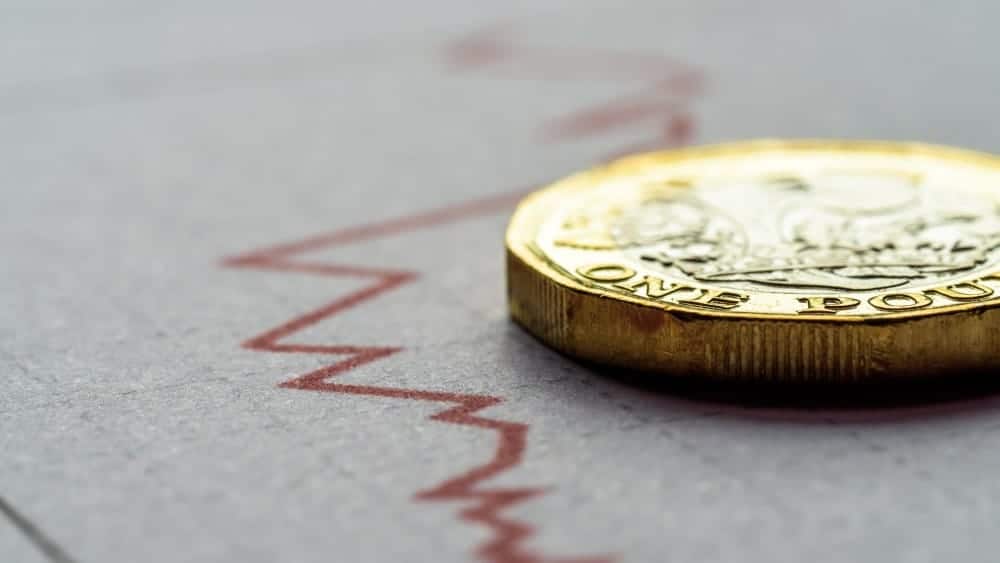The UK Government has announced it has further reduced its holding of NatWest shares. The move has been described as an ‘important landmark’ by the Treasury.
So, why is the government’s latest share sale significant? And how has NatWest’s share price performed since the bank was rescued in 2008? Let’s take a look.
[top_pitch]
What is the relationship between the government and NatWest?
Back in 2008, the UK economy was on the brink due to the global financial crash. Predatory lending and excessive risk-taking by global banking institutions were two factors widely believed to have caused the crisis.
The government responded to the 2008 crisis by rescuing big-name banking groups Lloyds and NatWest (NatWest was known as Royal Bank of Scotland at the time).
The bailouts cost UK taxpayers a combined total of £65.8 billion. £20.3 billion was used for the purchase of Lloyds and £45.5 billion was used to buy NatWest. The move was highly controversial as it was a big factor that contributed to the government imposing austerity measures for a number of years following the crash.
Many also suggested the rescue deals shouldn’t have gone ahead due to the fact that banking bailouts can lead to further collapses in future. This is because of the role bailouts can have in creating a moral hazard.
The government has since sold its full stake in Lloyds, selling the last of its holdings in May 2017. Despite its Lloyds sell-off, the government still retains a considerable stake in NatWest.
If you’re young enough to remember 2008, you may recall the government’s bailout of RBS (now NatWest) made Fred Goodwin, its CEO at the time, famous. That’s because Goodwin officially announced an early retirement in October 2008, taking with him a £16 million pension pot. This came just a month before his bank reported losses totalling £24 billion.
The Forbes 2002 ‘Businessman of the Year’ had his knighthood stripped by the Queen in 2012 as a result of the controversy.
Why is the government’s latest sale significant?
On Monday 28 March, the government sold £1.2 billion worth of NatWest shares. The sale officially signalled the fact that the government no longer held a majority stake in the bank.
As a result of the sale, UK taxpayers now own 48.1% of NatWest, compared to 50.6% prior to Monday’s sale.
The government intends to eventually sell off its whole stake in the bank. However, some media outlets suggest the state is facing a loss in the region of £18 billion.
[middle_pitch]
How have NatWest shares performed since the 2008 financial crash?
NatWest Group shares peaked at 5,900 GBX back in February 2007. However, in the space of two years, its price crashed to just 240 GBX. To put that fall into context, between February 2007 and 2009, NatWest shares lost 95% of their value. In fact, in 2008 alone NatWest shares lost 87% of their value.
Today, the bank is much smaller than it was prior to the financial crash, and this is reflected in its current share price. As of Tuesday 29 March, one NatWest share stands at 222.40 GBX. That’s lower than its price in February 2009.
More recently, 2021 was a good year for NatWest. Its share price rose from 165 GBX to 225 GBX – a gain of 36%. However, 2022 has been less kind to the bank. So far this year, NatWest shares are down 4.77%.
To understand more generally how the banking sector has fared this year, take a look at our article that explores how bank shares have performed in 2022.
Are you looking to invest? Whether you’re keen to invest in banking shares or another sector, take a look at The Motley Fool’s top-rated share dealing accounts. If you’re a newbie, it’s a good idea to get to grips with our investing basics guide so you can avoid common mistakes when it comes to investing.







